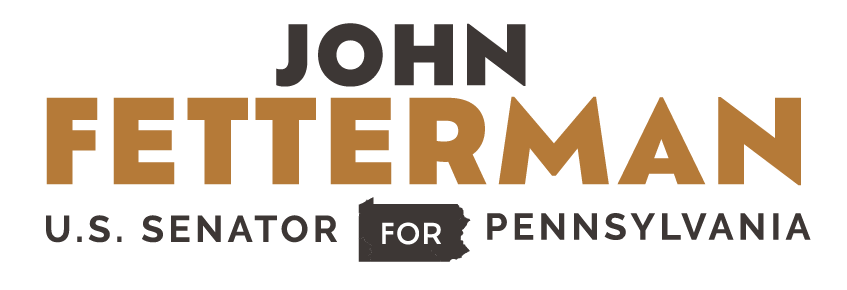WASHINGTON, DC– Pennsylvania U.S. Senator John Fetterman on Friday penned a letter to Housing and Urban Development (HUD) Secretary Marcia Fudge urging the agency to prioritize maintaining housing affordability even as affordability requirements expire. Due to historical construction trends, a significant number of affordable units are likely to convert to market rate in the coming years. The letter calls on HUD to work with both property owners to minimize the number of affordable units lost, as well as cities and localities to get a clearer picture of how many and what type of affordable units are at risk.
Affordability requirements for properties subsidized through the Low-Income Housing Tax Credit, Project-Based Rental Assistance, and Section 515 USDA programs expire after a set period (often thirty years). Though property owners are not prevented from maintaining affordability, there is a real risk that once these affordability requirements expire, rents will spike, and tenants will be displaced.
“That risk is higher in markets where revitalization has occurred and opportunity is expanding,” wrote Fetterman. “Unable to remain in their current units, renters may not be able to find affordable alternatives in the neighborhood. In some cases, renters who have been in the neighborhood for decades may be displaced, losing their community networks. Yet these are the exact areas where we want people to be able to remain, so they can take advantage of this growth to improve their income or get a new job, send their kids to high-performing schools, and live healthier and happier lives. People may still work in these communities, but will have to drive or take transit longer distances from the housing they can afford.”
This is an especially pressing issue in Pennsylvania. Due to historical construction patterns, a large number of affordable units will see affordability requirement expire in the next five years. In Pennsylvania alone, nearly 8,000 rental units are at risk of conversion to higher rents.
In the letter, Fetterman outlines the potential impact of expiring affordability requirements in Pennsylvania: “In Pittsburgh, housing in neighborhoods like the East End is at a higher risk of being converted to market-rate housing. Allegheny County has already seen non-profits outbid by private property management companies on buildings with expiring affordability mandates, and advocates fear they won’t be able to ‘push back on the investor market.’ In Philadelphia, more than 20% of the LIHTC and Section 8-supported properties will expire over the next decade, many in neighborhoods like Point Breeze, North Broad, and Spruce Hill that have seen price increases and displacement in recent years.”
